October hums in Northern California. Diesel engines on backroads, scissors clicking in barns, the air thick with the smell of cedar and cut flower. The light goes gold around 4 p.m. and stays that way until the ridge disappears. This is the season everyone waits for and the one that breaks them a little more each year.
Across Humboldt, Trinity and Mendocino, harvest is smaller now but sharper. The crews are lean. The fields are tighter, planted with cultivars that can handle heat, fog and the sudden rains that roll in off the Pacific. The farmers who stayed learned to match the rhythm instead of fighting it.
At Neukom Family Farm on the banks of the Trinity River, Cannabis sits beside tomatoes, melons and peaches in the summer, part of the same rotation that’s kept the soil alive for decades. Amy and Jacques Neukom move through the rows like it’s any other crop: water, cut, cure, repeat. They sell vegetables, eggs and joints at the same market stand. Nobody whispers anymore.
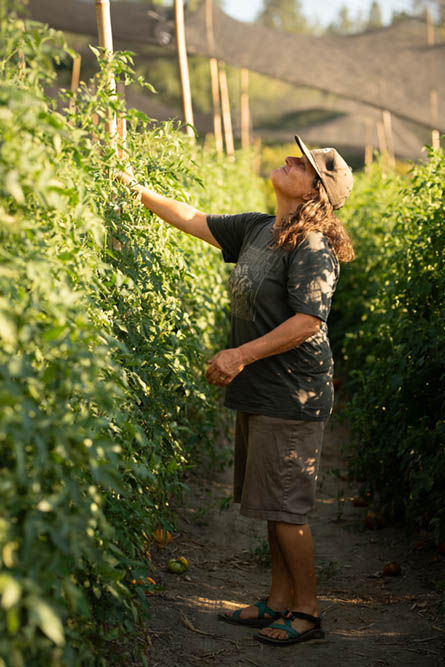
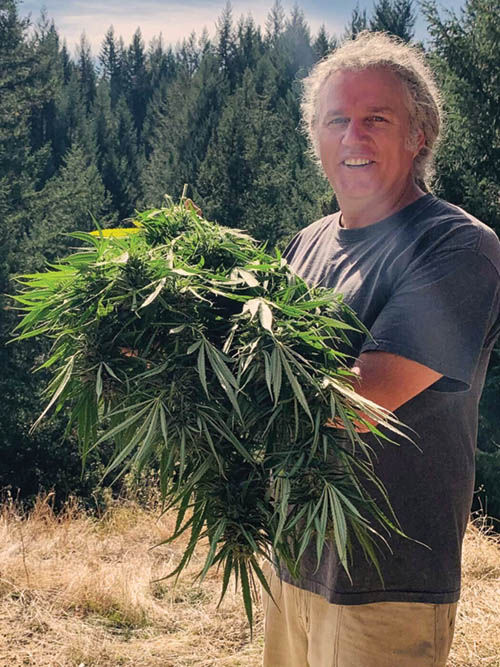
“People come for food and ask about the flower,” Amy Neukom said. “It’s just farming now.”
At Mattole Valley Sungrown, Dylan Mattole has shifted to washers suited for concentrates, specifically hash and rosin.
“Sun-grown is rising to the top in those markets,” he said. “The hash makers appreciate the quality that comes from organically sun-grown flower with unique genetics.”
In Mendocino, Joseph Haggard and his mom, Katie, who helm Emerald Spirit Botanicals, breed for flavor and function, not percentages. Their multiple-award-winning cultivar Pink Boost Goddess gleams under the late light, the scent closer to strawberry jam and flowers than gas. Joseph Haggard said the demand is real.
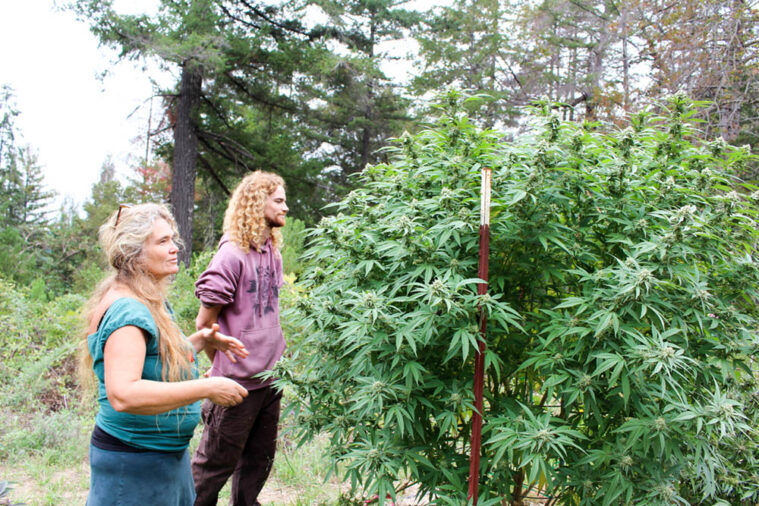
“People want to feel good again. They don’t want to get wrecked,” he said.
Their farm feels closer to a vineyard than a grow site, with sun, soil and intention dictating everything.
And in Humboldt, the Humboldt Family Farms collective pulls the pieces together, jar by jar, farmer by farmer. They share transport, packaging and stories — the connective tissue of a region learning how to stay alive inside a system that barely sees it. Founder Scott Vasterling calls it “logistics with heart.” The collective’s latest campaign lifted sun-grown sales at Embarc stores into double digits for the first time. Proof, however small, that education works when the weed is good enough.
Harvest is a habit first and a headline second. Regardless of the attention it gets or doesn’t, the farm activity still swells before dawn, and the generators still buzz all night. The people doing it don’t talk about resilience; they’re long past all of that. They’ve built smaller, smarter, steadier lives on land and in a market that keeps asking for everything.
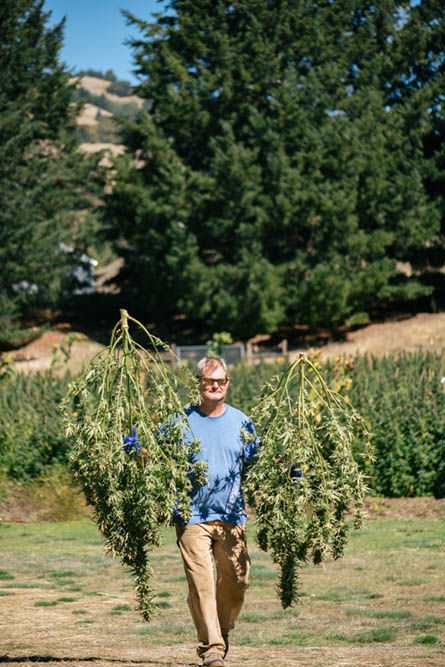
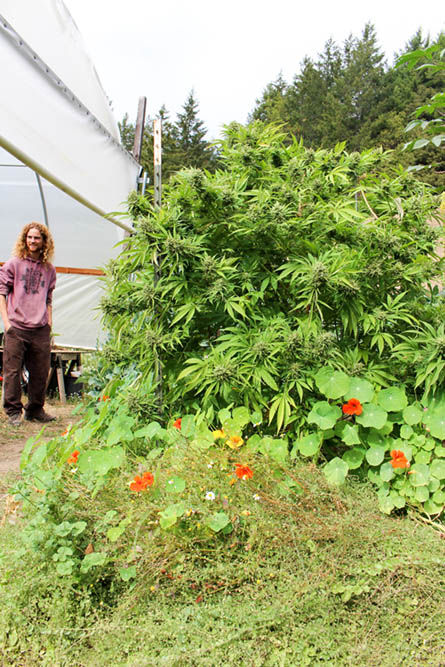
By dusk, the hills glow. The smell carries for miles: terpenes, rain and work. On some ridges, lights stay on all night, and on others, the barns are already full.
The season ends the way it always has: tired hands, quiet pride and smoke rising from the valley like a promise that next year will come around again.









